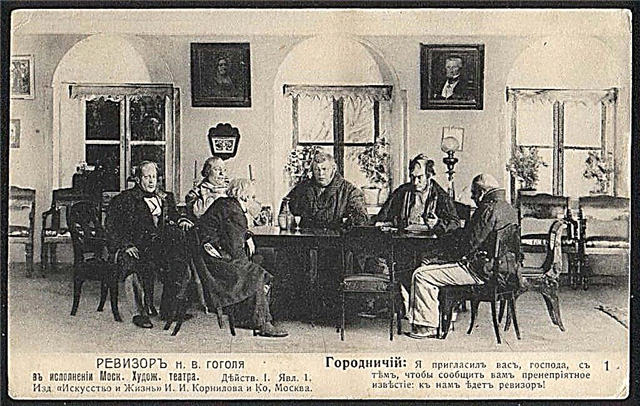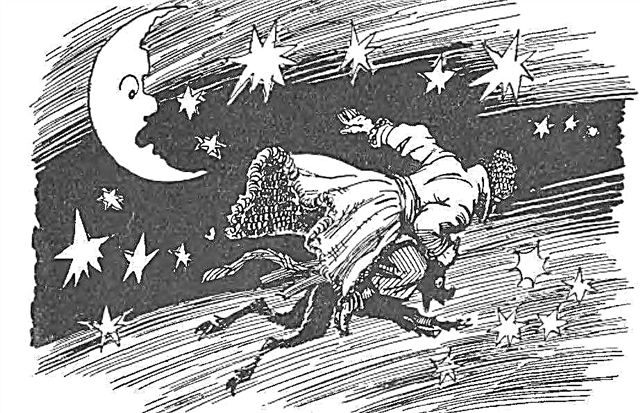May 20, 1859 Nikolai Petrovich Kirsanov, a forty-three-year-old, but already middle-aged landowner, worried, awaiting his son Arkady, who had just graduated from university, in the inn.
Nikolai Petrovich was the son of a general, but the military career intended for him did not take place (he broke his leg in his youth and remained “lame” for life). Nikolai Petrovich early married the daughter of a noble official and was happy in marriage. To his deep sorrow, his wife died in 1847. He devoted all his strength and time to raising his son, even in Petersburg he lived with him and tried to get closer to his son's comrades, students. Recently, he intensely engaged in the transformation of his estate.
There comes a happy moment of date. However, Arkady was not alone: a tall, ugly and self-confident young man, a novice doctor, agreed to stay with the Kirsanovs with him. His name is, as he certifies himself, Evgeny Vasilyevich Bazarov.
The conversation between father and son at first is not glued. Nikolai Petrovich is embarrassed by Fenechka, the girl whom he keeps with him and from which he already has a child. Arkady in a condescending tone (this slightly warps his father) tries to smooth out the awkwardness that has arisen.
Pavel Petrovich, the elder brother of his father, is waiting for them at home. Pavel Petrovich and Bazarov immediately begin to feel mutual antipathy. But the courtyard boys and servants eagerly obey the guest, although he does not even think of looking for their location.
The very next day, between Bazarov and Pavel Petrovich, a verbal skirmish occurs, and its initiator is Kirsanov Sr. Bazarov does not want to polemicize, but nevertheless speaks out on the main points of his convictions. According to his ideas, people strive for a particular goal, because they experience various “sensations” and want to achieve “benefits”. Bazarov is convinced that chemistry is more important than art, and in science the most important is the practical result. He is even proud of his lack of “artistic meaning” and believes that there is no need to study the psychology of an individual individual: “One human specimen is enough to judge all the others.” For Bazarov, there is not a single “decree in our everyday life ... that would not have caused a complete and merciless denial.” He has a high opinion of his own abilities, but he assigns a non-constructive role to his generation - "first you need to clear the place."
To Pavel Petrovich, “nihilism”, professed by Bazarov and his imitating Arkady, seems to be a bold and unfounded teaching that exists “in the void”.
Arkady tries to somehow smooth out the tension that has arisen and tells a friend the life story of Pavel Petrovich. He was a brilliant and promising officer, a favorite of women, until he met the socialite Princess R *. This passion completely changed the existence of Pavel Petrovich, and when their romance ended, he was completely devastated. From the past, he retains only the sophistication of the costume and manners and the preference of all English.
The views and behavior of Bazarov are so annoying to Pavel Petrovich that he again attacks the guest, but he quite easily and even condescendingly breaks down all the “syllogisms” of the enemy aimed at protecting traditions. Nikolai Petrovich seeks to mitigate the argument, but he cannot agree with Bazarov’s radical statements in everything, although he convinces himself that he and his brother are already behind the times.
Young people go to the provincial city, where they meet with the "disciple" of Bazarov, the offspring of the farmer, Sitnikov. Sitnikov leads them to visit the "emancipated" lady, Kukshina.Sitnikov and Kukshina belong to that category of "progressives" who reject any authority, chasing fashion for "free-thinking". They don’t really know and can’t do anything, but in their “nihilism” they leave far behind both Arkady and Bazarov. The last Sitnikova is openly despised, and with Kukshina “she’s doing more champagne”.
Arkady introduces a friend to Odintsova, a young, beautiful and rich widow, whom Bazarov is immediately interested in. This interest is by no means platonic. Bazarov cynically says to Arkady: "There is a living ..."
It seems to Arkady that he is in love with Odintsova, but this feeling is false, while mutual gravitation arises between Bazarov and Odintsova, and she invites young people to stay with her.
In the house of Anna Sergeyevna, guests get acquainted with her younger sister Katya, who is constrained. And Bazarov does not feel at ease, in a new place he began to get annoyed and "looked angrily." Arkady is also uneasy, and he seeks solace in Katya’s company.
The feeling inspired by Anna Sergeyevna Bazarov is new to him; he, so despising all manifestations of "romanticism," suddenly discovers "romance in himself." Bazarov speaks to Odintsova, and although she did not immediately free herself from his arms, however, after thinking, she comes to the conclusion that "peace <...> is best in the world."
Not wanting to become a slave to his passion, Bazarov leaves for his father, a district doctor who lives nearby, and Odintsova does not keep the guest. On the road, Bazarov sums up what happened and says: “... It’s better to beat stones on the pavement than to allow a woman to take hold of at least the tip of her finger. This is all <...> nonsense. "
Bazarov’s father and mother can’t breathe on his beloved Enyusha, but he misses their company. After a couple of days, he leaves the parental shelter, returning to the Kirsanovs estate.
From the heat and boredom, Bazarov draws attention to Fenichka and, catching her alone, kisses the young woman tightly. An accidental witness to the kiss becomes Pavel Petrovich, who is deeply outraged by the act of "this hairy." He is especially indignant also because he thinks: in Fenichka there is something in common with Princess P *.
According to his moral convictions, Pavel Petrovich challenges Bazarov to a duel. Feeling embarrassed and realizing that she was giving up on principles, Bazarov agrees to shoot with Kirsanov Sr. (“From a theoretical point of view, a duel is absurd; well, from a practical point of view, this is another matter”).
Bazarov slightly injures the enemy and gives him first aid. Pavel Petrovich keeps up well, even makes fun of himself, but at the same time, he and Bazarov are embarrassed. Nikolai Petrovich, from whom the true reason for the duel was hidden, also behaves in the most noble way, finding excuse for the actions of both opponents.
The consequence of the duel is that Pavel Petrovich, who had previously resolutely opposed his brother’s marriage to Fenechka, now himself persuades Nikolai Petrovich to take this step.
And Arkady and Katya establish a harmonious understanding. The girl shrewdly remarks that Bazarov is a stranger to them, because "he is predatory, and we are tame."
Finally lost hope of reciprocity, Odintsova Bazarov breaks himself and parted with her and Arkady. In parting, he says to his former comrade: “You are a glorious fellow, but you are still a little liberal liberal ...” Arkady is upset, but pretty soon comforted by Katie’s society, declares her love and makes sure that she is also loved.
Bazarov, on the other hand, returns to his parents ’pennies and tries to forget himself at work, but after a few days,“ the fever of work left him and was replaced by sad boredom and deaf anxiety. ” He tries to speak with the peasants, but finds nothing but stupidity in their heads. True, the men see in Bazarov something "like a pea jester."
Practicing on the corpse of a typhoid patient, Bazarov injures his finger and gets blood poisoning.After a few days, he notifies his father that, by all indications, his days are numbered.
Before his death, Bazarov asks Odintsova to come and say goodbye to him. He reminds her of his love and admits that all his proud thoughts, like love, have gone to dust. “And now the whole task of the giant is to die decently, although no one cares ... Anyway: I won’t wag my tail.” He says bitterly that Russia is not needed. “Yes, and who is needed? A shoemaker is needed, a tailor is needed, a butcher ... "
When Bazarov was communed at the insistence of his parents, "something like a shudder of horror instantly affected the deceased person."
Six months pass. Two couples are married in a small village church: Arkady with Katya and Nikolai Petrovich with Fenechka. Everyone was happy, but something in this satisfaction was felt and artificial, "as if everyone agreed to play some kind of simple-minded comedy."
Over time, Arkady becomes a father and a zealous master, and as a result of his efforts, the estate begins to bring significant income. Nikolai Petrovich assumes the responsibilities of a world mediator and works hard in the public arena. Pavel Petrovich lives in Dresden and, although he still looks like a gentleman, "it’s hard for him to live."
Kukshina lives in Heidelberg and hobbles with students, studies architecture, in which, according to her, she discovered new laws. Sitnikov married a princess pushing him around, and, as he assures, continues Bazarov’s “affair,” working in the role of a publicist in some dark journalism.
Decrepit old people often come to Bazarov’s grave and weep bitterly and pray for the peace of their souls of their untimely deceased son. The flowers on the grave mound remind of more than one calmness of the "indifferent" nature; they also speak of eternal reconciliation and endless life ...

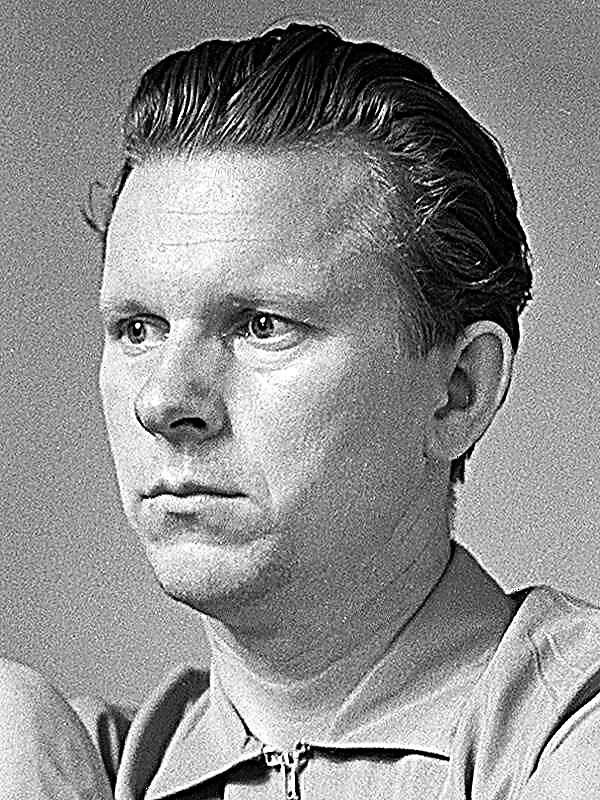


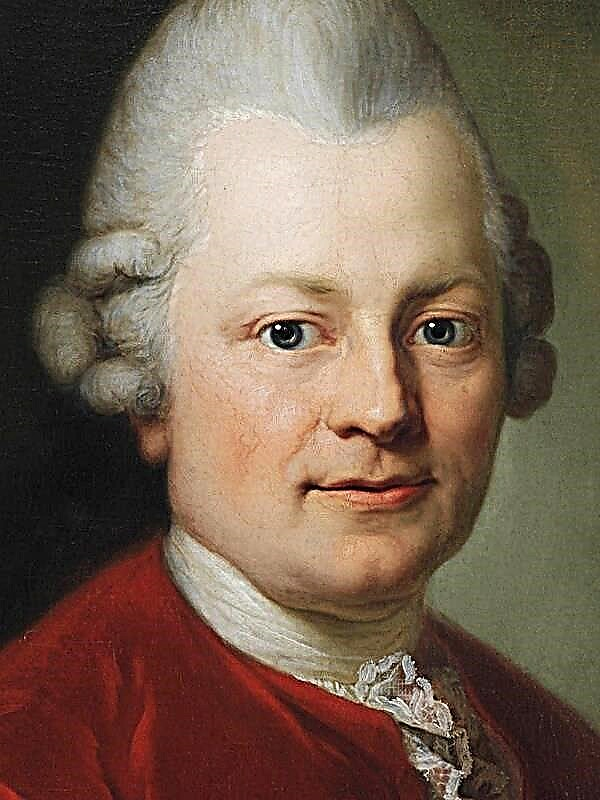 Minna von Barnhelm
Minna von Barnhelm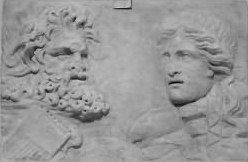
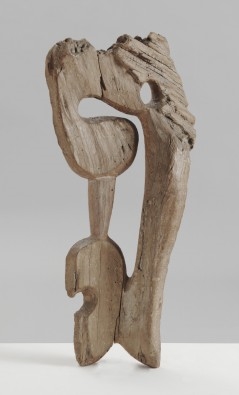
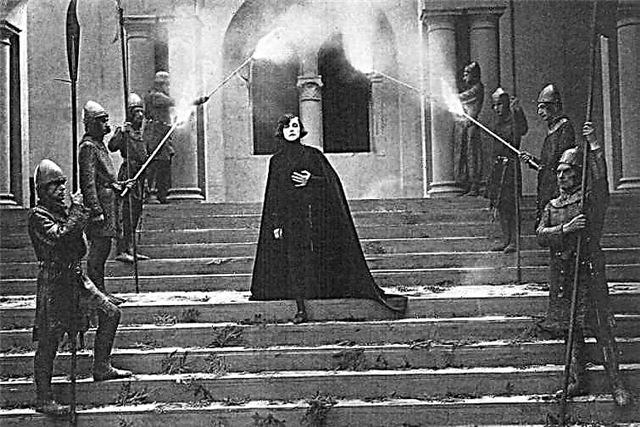
 Zero to one
Zero to one